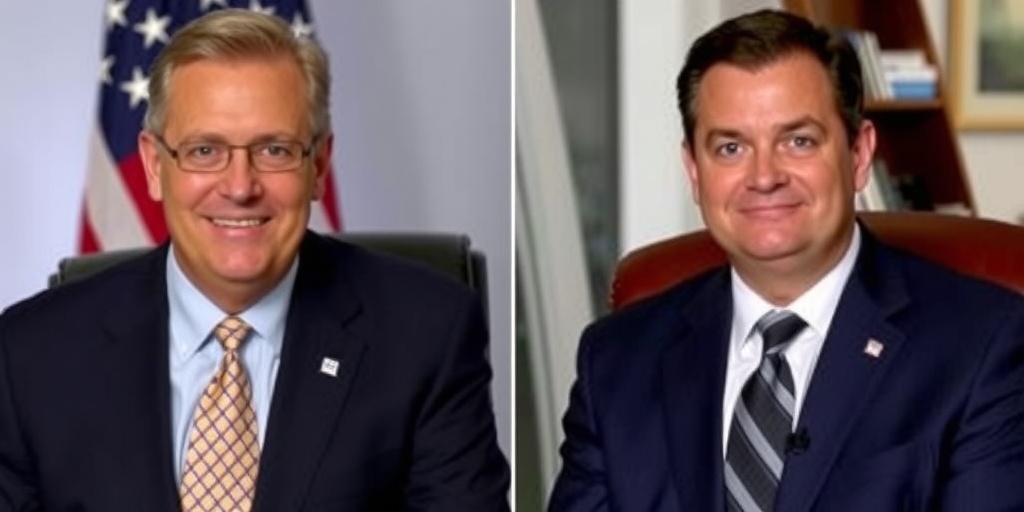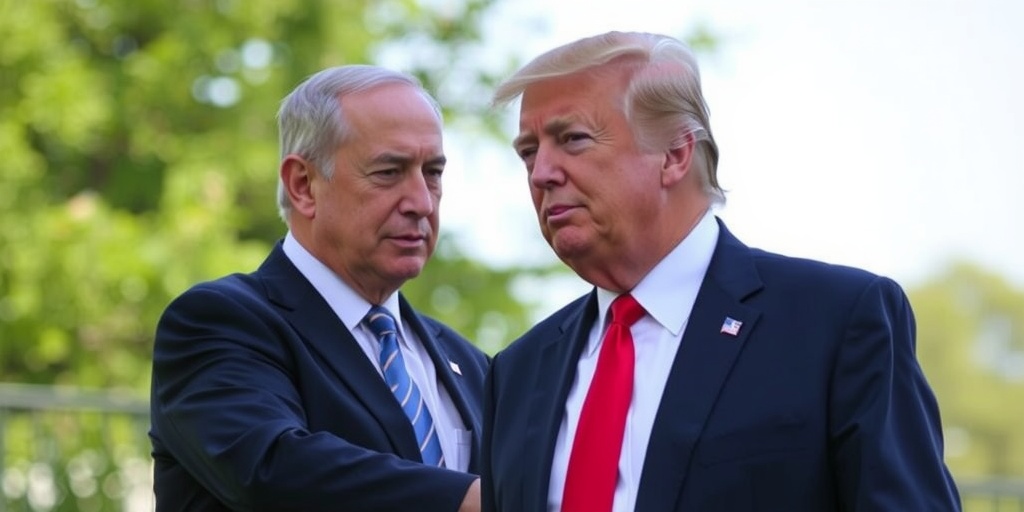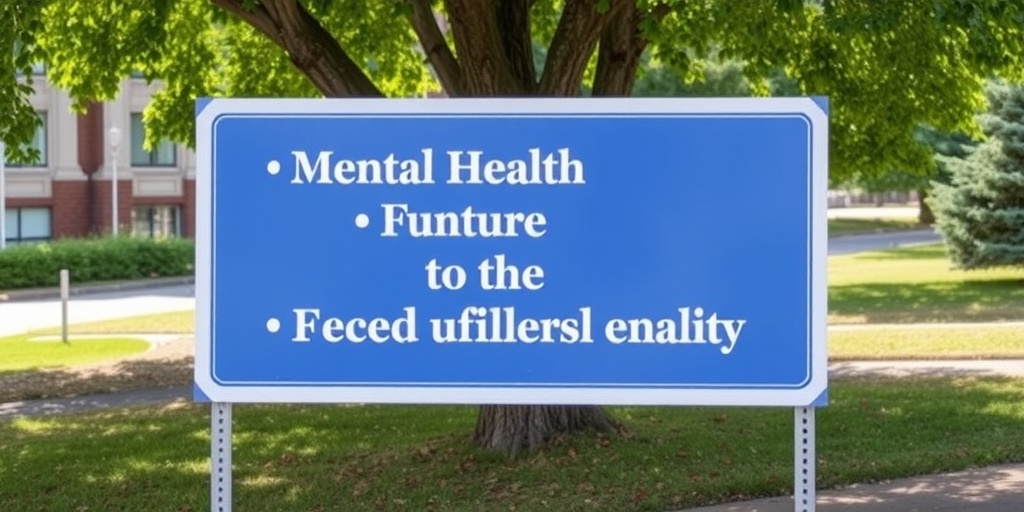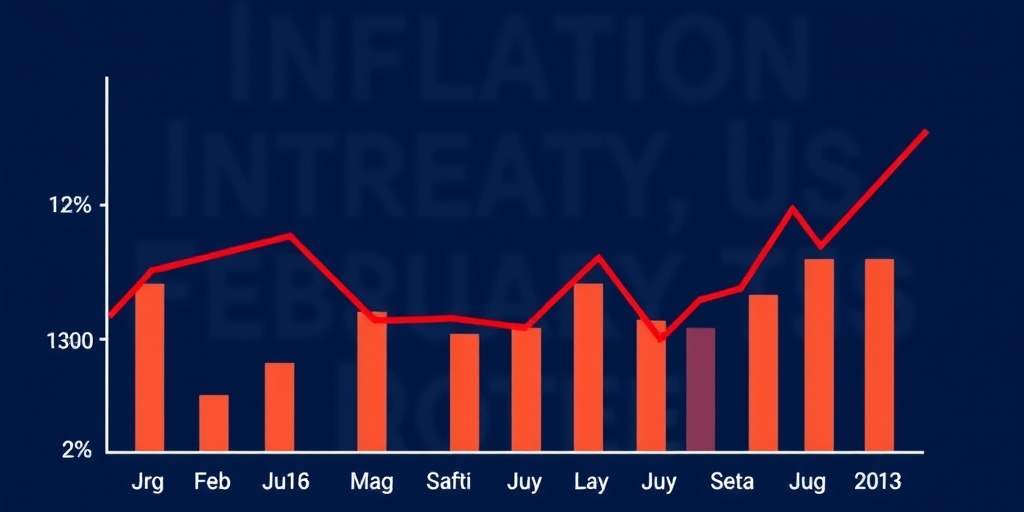Now Reading: EPA Cancels Climate Grants, Escalating $20 Billion Funding Battle
-
01
EPA Cancels Climate Grants, Escalating $20 Billion Funding Battle
EPA Cancels Climate Grants, Escalating $20 Billion Funding Battle

EPA Cancels $20 Billion Climate and Clean Energy Grants Amid Controversy
The Environmental Protection Agency (EPA) has announced the cancellation of $20 billion in grants intended for climate and clean energy programs, a decision that has sparked outrage among the nonprofit organizations set to benefit from these funds. The grants have been frozen for several weeks due to a whirlwind of controversy involving various federal agencies, including the Justice Department and the FBI, as well as Citibank, where the funds are currently held. This situation has resulted in legal action from multiple nonprofit groups.
The grants, allocated through the Greenhouse Gas Reduction Fund, were part of an initiative that received $27 billion from Congress under the 2022 Inflation Reduction Act. The primary goal of the fund is to provide low-cost loans to businesses and developers for various climate initiatives, including solar panel installations and retrofitting homes to enhance energy efficiency. Eight nonprofit organizations were initially issued these grants, tasked with distributing the money to local green banks and credit unions.
However, the new EPA administrator, Lee Zeldin, has expressed serious concerns over the management of these funds. He has attempted to withdraw the grants, alleging that they were part of a broader "scheme" and invoking a hidden-camera video from Project Veritas, a conservative organization known for its stealth recording techniques aimed at political opponents. Zeldin claimed to have discovered what he referred to as “gold bars” of grant funding at Citibank, criticizing the Greenhouse Gas Reduction Fund as a rushed project lacking appropriate oversight.
According to EPA protocols, the agency is permitted to cancel grant contracts if it can substantiate claims of waste, fraud, or abuse by the grantees. However, as of now, no such documentation has been provided, leading to accusations of illegality from nonprofit organizations that were poised to receive the funds.
In the wake of the freezing of the grants, Democratic members of the House Energy and Commerce Committee have launched an investigation into the EPA’s actions, questioning Zeldin’s public statements regarding the funding’s legitimacy. Nonprofit organizations such as Climate United and the Coalition for Green Capital, which stand to lose significant financial support, have announced their intention to legally contest the cancellations. A court hearing on this matter is scheduled for Wednesday.
The controversy traces back to February, when Zeldin publicly condemned the Greenhouse Gas Reduction Fund, suggesting it was a hurried process riddled with mismanagement. His comments were further fueled by a video released by Project Veritas, in which a former EPA employee made an ambiguous analogy comparing government spending on climate programs to throwing “gold bars” off the Titanic. However, the former employee’s attorney has since clarified that the remarks were not specifically directed at the Greenhouse Gas Reduction Fund.
Despite being the focal point of this narrative, former federal prosecutor Denise Cheung determined that there was insufficient evidence available to justify the freezing of the funds, resulting in her abrupt resignation. Despite that, the investigations led by the FBI and the Justice Department continued. Zeldin has since approached his agency’s acting inspector general for a third inquiry into the matter.
Legal challenges have been initiated by the nonprofit grant recipients, with Climate United filing a lawsuit against both the EPA and Citibank for allegedly withholding funds unlawfully. Two additional organizations have also filed actions against Citibank, seeking redress for the funds that have been inaccessible to them since mid-February.
Climate United’s CEO, Beth Bafford, expressed her shock at the EPA’s decision, revealing that she received the termination letter just 30 minutes before the public announcement. Many of these nonprofit groups are now facing difficulties in maintaining their operations due to the stranded grant funds, which they had counted on to pay their staff and execute their climate projects.
In a letter to the organizations, the EPA cited “material deficiencies” in the program, claiming there was a lack of adequate oversight and improper allocation of funds, although no solid evidence to support these claims was provided. The Coalition for Green Capital vehemently rejected the EPA’s findings, describing the action as "unauthorized and unlawful" and signaling their intent to explore legal recourse.
This financial turmoil threw into question how effectively the $20 billion program could stimulate private investment in climate projects, as it was strategically designed to leverage federal funds to attract additional capital. The discontent among grant recipients underscores a growing rift in federal climate policy, where competing agendas and allegations of mismanagement threaten to derail vital initiatives aimed at combating climate change.
As this situation evolves, what remains unclear is how much of the $20 billion was disbursed prior to the current freeze and whether the distraught nonprofits can expect any immediate recourse to access the funds critical for their green initiatives. Citibank, meanwhile, has yet to provide a statement regarding its role in this unfolding saga. Nonetheless, the ramifications of the EPA’s decision are likely to impact the climate landscape significantly if not resolved swiftly.
Stay Informed With the Latest & Most Important News
Previous Post
Next Post
-
 01New technology breakthrough has everyone talking right now
01New technology breakthrough has everyone talking right now -
 02Unbelievable life hack everyone needs to try today
02Unbelievable life hack everyone needs to try today -
 03Fascinating discovery found buried deep beneath the ocean
03Fascinating discovery found buried deep beneath the ocean -
 04Man invents genius device that solves everyday problems
04Man invents genius device that solves everyday problems -
 05Shocking discovery that changes what we know forever
05Shocking discovery that changes what we know forever -
 06Internet goes wild over celebrity’s unexpected fashion choice
06Internet goes wild over celebrity’s unexpected fashion choice -
 07Rare animal sighting stuns scientists and wildlife lovers
07Rare animal sighting stuns scientists and wildlife lovers





















